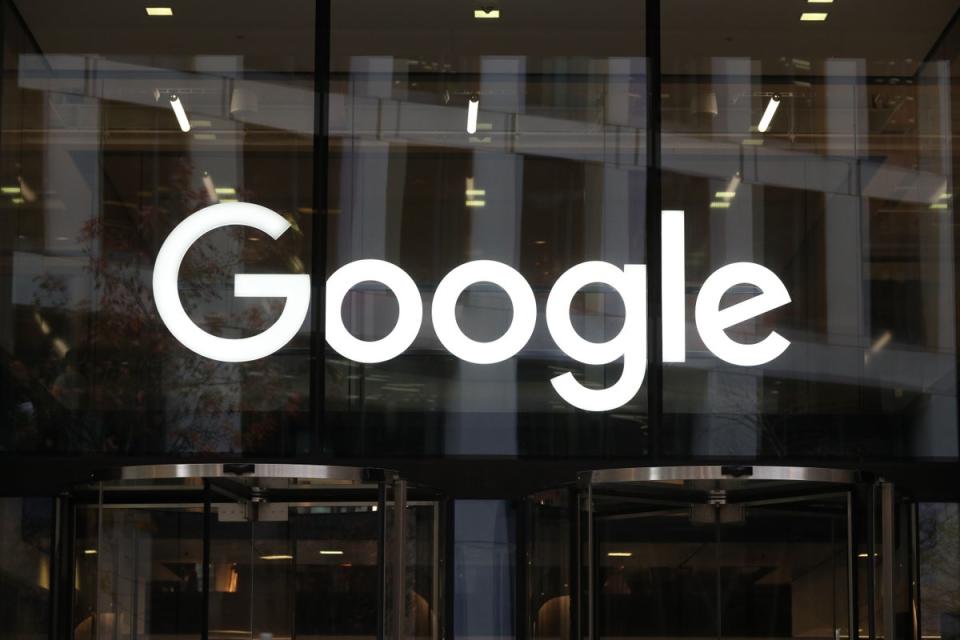Google shares plunge after its new ChatGPT AI competitor gives wrong answer to question

Google’s new, much-trumpeted AI appears to have made an error in one of the very few questions the world has seen it answer, and may have helped wipe $100 million from the company’s value.
The system appears to have claimed that Nasa’s James Webb Space Telescope took the first image of an exoplanet – but that was wildly wrong. The first such image was actually taken in 2003, by the European Southern Observatory’s Very Large Telescope.
Google had used the question and false answer in a tweet that looked to demonstrate how the new system, named Bard, might be used in future. It showed somebody asking what new discoveries from the telescope they might be able to tell their 9-year-old about.
Bard is an experimental conversational AI service, powered by LaMDA. Built using our large language models and drawing on information from the web, it’s a launchpad for curiosity and can help simplify complex topics → https://t.co/fSp531xKy3 pic.twitter.com/JecHXVmt8l
— Google (@Google) February 6, 2023
The system suggested that it could tell the child about a discovery that did not actually happen. The AI – or the humans that assembled the ad – may have been confused by the telescope’s first images of an exoplanet, which were released last year.
Google pointed to the importance of its “Trusted Tester” programme in response to the criticism, saying that it showed the importance of trialling the system to ensure it was reliable and accurate. Numerous companies including Google have voiced fears that releasing such systems too soon could lead to them giving erroneous information – which they tend to do with apparent confidence.
It was just the latest bad news for Google and its effort in AI. After long being considered one of the market leaders in the technology, it appears to have been caught off guard by other competitors and is yet to reveal its own AI search system or other tools.
OpenAI’s ChatGPT, for instance, has reached the mainstream as an accessible way to use and communicate with an advanced artificially intelligent system. And Microsoft has since announced that it will be integrating that technology into its own Bing search engine, which experts have suggested could allow it to overtake Google’s own search.
Google’s own announcement of Bard appeared to be intended to respond to questions about why it was yet to integrate its own work on AI into its search. The announcement – and the wrong tweet – were posted just a day before Microsoft’s own event.
Unlike ChatGPT, Google has not yet allowed the public to use Bard, or even actually see it in action. As such, the ad is one of the very few examples of the technology that the world has actually seen.
Google also held its own event this week, in the wake of Microsoft’s, during which it looked to show how it would be using AI in other products. But again those were commitments about the future, rather than any new releases, and the event and its revelations were met with little excitement.
In combination, those problems seemed to damage the share price of Alphabet, the Google parent company. Shares fell as much as 9 per cent, while Microsoft was trading up in the wake of the numerous announcements.
Alphabet has faced a range of problems in recent months, with results showing falling advertising revenues and the company opting to fire 12,000 members of staff.

 Yahoo Finance
Yahoo Finance 